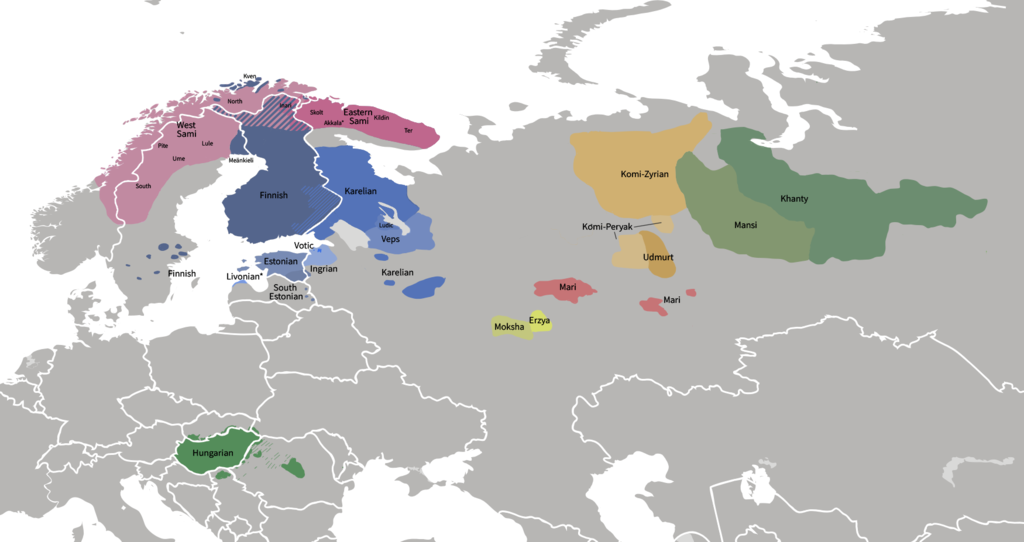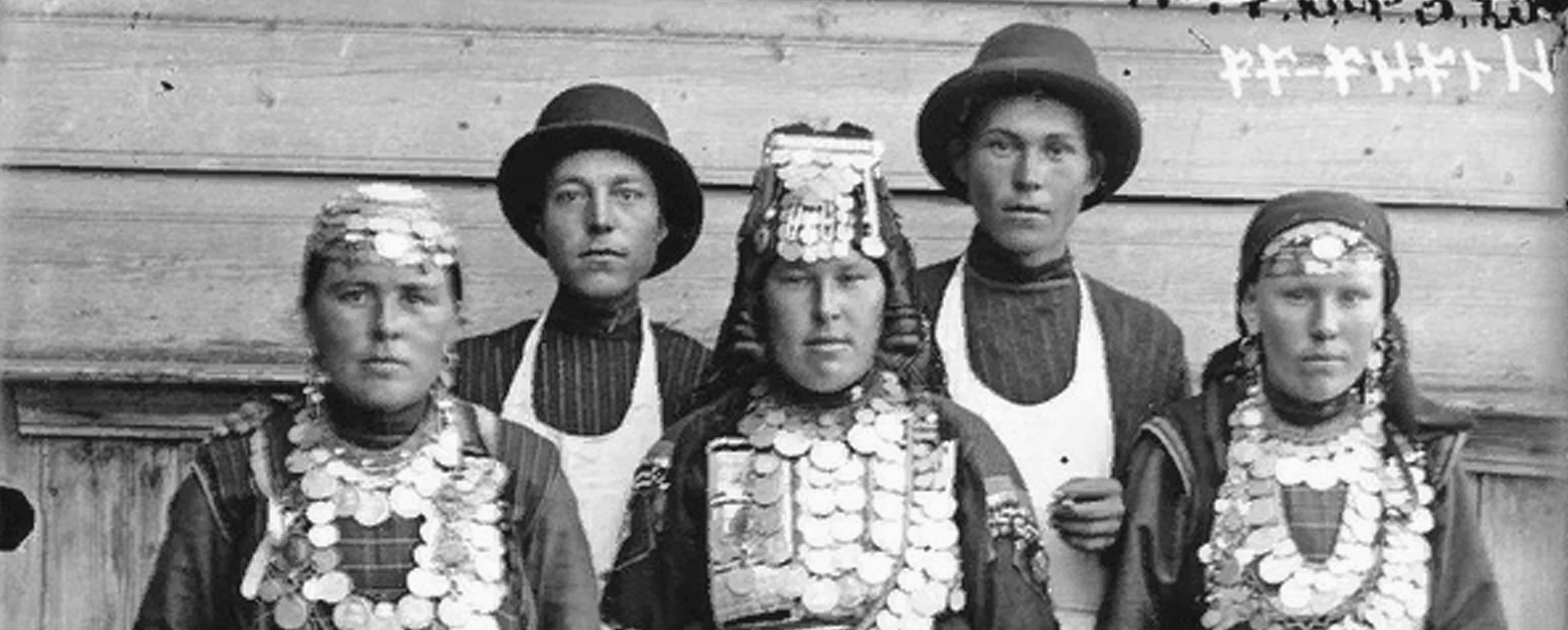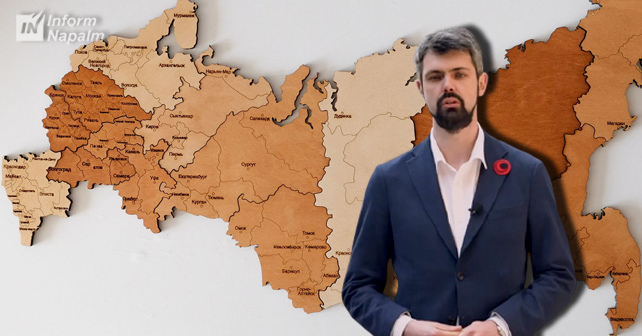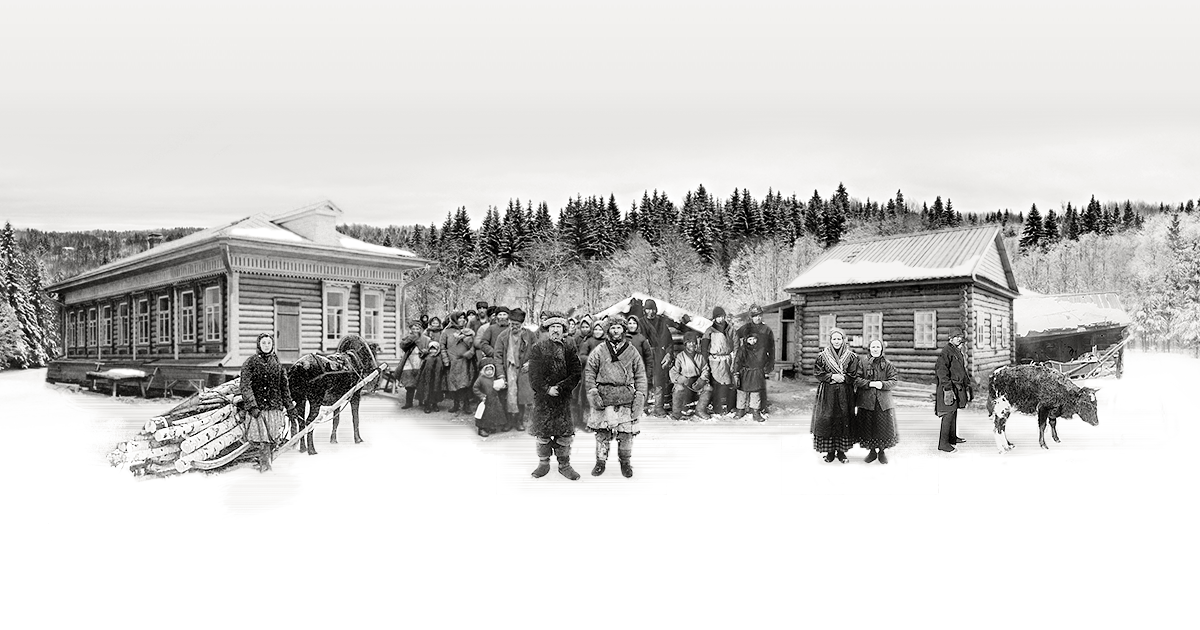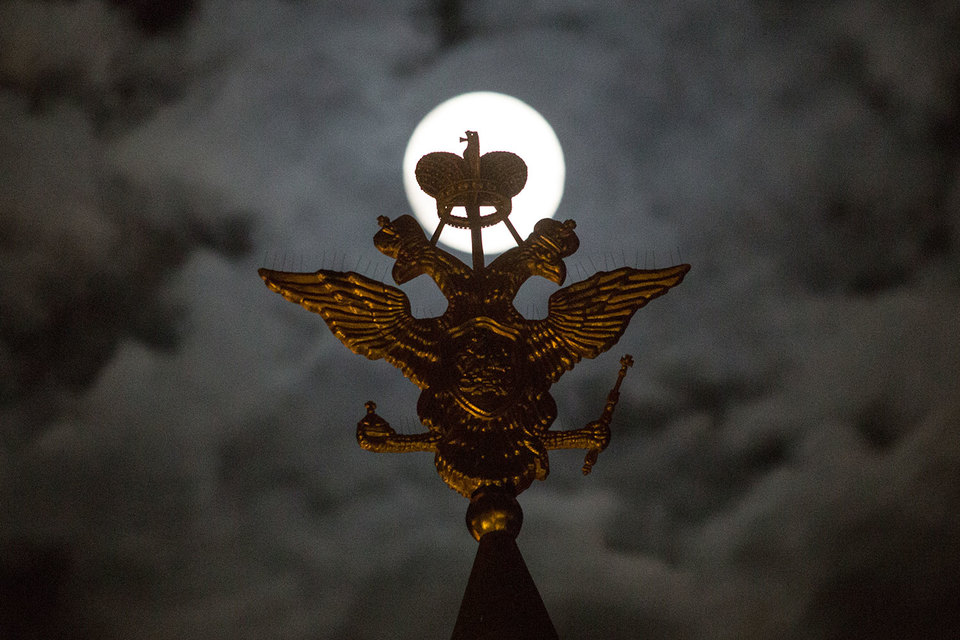Some people view what the Russian authorities are doing as solicitous of ethnic differences, says Kuznetsova, the Estonian and Hungarian-trained linguist from Ioshkar-Ola; but in fact, it is a strategy intended to destroy rather than preserve the Komi and Mari languages and peoples by promoting their absorption into the Russian nation.
Read also: New Siberian website provides data on Russification of non-Russians and repression of Russians
This is only one of the threats to these languages, according to Kuznetsova. Others include globalization, Europeanization, and what is called “unidirectional bilingualism” in which Maris and Komis use Russian with Russian speakers who in almost no cases know their languages and increasingly use Russian with each other because of uncertainties about being understood.
Because of these threats, she continues, she fully understands what led Udmurt scholar Albert Razin to commit suicide by self-immolation in September 2019 on the day of the Ural languages which are in almost every case now dying or more precisely being murdered by the Russian authorities.
Read also: Moscow returning to tsarist Russification policies, Chuvash activist says
Twenty years ago, at the start of Vladimir Putin’s time in power, the linguistics scholar says, she was more optimistic about the future of Mari and other Finno-Ugric languages. But since that time, everything has gone in the wrong direction; and these ancient languages are at risk of disappearing.
Kuznetsova argues that the only short-term hope is for the Maris and the others to promote their own cultural festivals and traditions and associate their languages with those. That is a defensive position because it will limit the use of the language elsewhere but it may be the only thing possible given Moscow’s aggressive attack on them.
Read also: Moscow has long sought to destroy Slavic languages other than Russian, Zolotaryev says
Kuznetsova points to another problem: experts on Finno-Ugric languages are declining in number both in the Russian Federation and in the Finno-Ugric countries abroad. The pioneers of the past are passing from the scene, and the younger generation is not producing replacements for them.
Read more:
- New Siberian website provides data on Russification of non-Russians and repression of Russians
- Moscow returning to tsarist Russification policies, Chuvash activist says
- Why Ukraine's language law is more relevant than ever
- Kremlin's double standards on language issues in post-Soviet space continue
- A short guide to the linguicide of the Ukrainian language
- Ukraine's open colonial wounds
- Russia's war against the Ukrainian language
- Moscow has long sought to destroy Slavic languages other than Russian, Zolotaryev says
- Ukrainian nation disappearing in Russia, Kyiv ethnographer says
- Language policy in Ukraine and the experience of Finland and Israel
- Expert: Russia willing to tolerate Ukrainians as “slightly different Russians”

